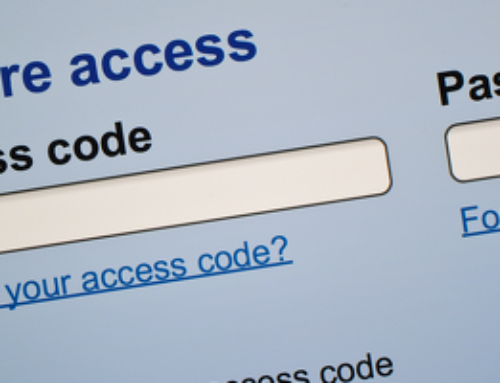The IRS is being very public about increasing the review of tax returns. The best defense for you is to be prepared before it happens. Here are some suggestions:
The one-two punch
To prove your deduction, most auditors look for two key documents: receipts and proof of payment.
1. Receipts. This is the first of the key documents you must have to validate a deduction. The receipt should clearly show the company or entity, the date, the value of the activity and a clear description of the activity. In the case of donations, the receipt should also have a statement that confirms you received no benefit in return for your donation. It should also state that you are not retaining part ownership of the donation.
2. Proof of payment. The second key document to defend your deduction is proof of payment. You will need a canceled check, a bank statement or a credit card receipt and related statement.
Contemporaneous is key
Your proof of payment and receipts should generally match the date of the activity. The IRS is quick to dismiss receipts that are obtained after the fact. A good rule of thumb is to ensure receipts and proof of payment are received at the time of the activity. If not, at least make sure you have receipts and payment proof within the tax year the deduction is taken.
Other proof is often required
In addition to the above, there are certain deductions that require additional documentation. Here are the most common;
Mileage logs. You will need to show properly-maintained mileage logs for business miles, charitable miles and any medical mile deductions.
Business records. You will need financial statements for any business-related activity with supporting documentation.
Residency. If you live in multiple states or multiple countries, you may have to prove where you lived during the year. In addition, to receive the capital gain exclusion for a home sale, you will need to prove residency for two of the last five years. So keep records that show your physical presence to support your tax filings.
Non-reimbursement. If you claim any education credits, you will need to show that you actually spent money for qualified expenses at qualified institutions. You will also need to show that your claimed expenses were not reimbursed through scholarships or grants.
Defending your tax return during an audit can seem daunting. Fortunately, with some thoughtful planning, an audit can readily turn into a NO CHANGE audit.






